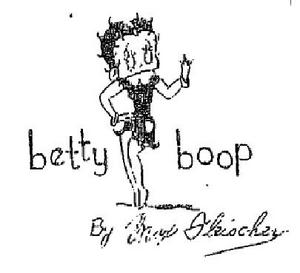Los Angeles, CA – Larry Flynt took a break from seeking a $5 Billion Government porn bailout to file a trademark infringement and unfair competition lawsuit at the Federal District Court in Los Angeles against his nephews, Dustin Flynt and Jimmy Flynt, II, and Flynt Media Corporation – the company founded by the nephews. The First Amended Complaint alleges that the nephew’s were terminated from their position at Larry Flynt’s company, after which they started a rival company to produce and distribute pornography using a “Flynt” trademark “to trade off and usurp the famous FLYNT name and mark of their uncle.”
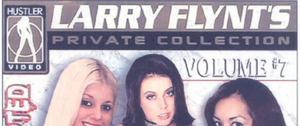 Larry Flynt filed an ex parte application for a Temporary Restraining Order and is requesting a preliminary injunction preventing Defendants’ use of the mark. Defendants have filed their opposition setting forth several arguments, which are not likely to succeed. Defendants first argue technical defects in Plaintiff’s moving papers for failing to comply with the Central District’s Local Rules. The next argument attacks the Plaintiff’s lack of standing to bring federal trademark claims because Larry Flynt has not used the stand-alone FLYNT mark in commerce – as opposed to “Flynt Publications” or “Larry Flynt.” Defendants’ argument ignores the fact that a likelihood of confusion can arise even if the competing marks are not exactly alike. Defendants further argue that Flynt is their family name and they have a right to use it in their business. If your family name is McDonald, do not use your name as a mark for your hamburger joint. Defendants also argue that Plaintiff will not suffer irreparable harm because Larry Flynt’s declaration states that “he will have to help out his nephews when [they fail]” because they are selling substandard products. Thus, Defendants deduce, if no one buys their products because they are bad, there will be no realistic irreparable harm. Finally, Defendants argue that the balance of hardships tips in their favor because they will lose their personal investments in the company and will not be able to raise additional funds with an injunction issued against them. Thus, they ask for a bond of at least $1,000,000 should an injunction issue. An update on the court’s ruling will be provided. The case is titled Larry C. Flynt v. Flynt Media Corporation, et al., CV 09-00048 AHM (C.D. Cal. 2008).
Larry Flynt filed an ex parte application for a Temporary Restraining Order and is requesting a preliminary injunction preventing Defendants’ use of the mark. Defendants have filed their opposition setting forth several arguments, which are not likely to succeed. Defendants first argue technical defects in Plaintiff’s moving papers for failing to comply with the Central District’s Local Rules. The next argument attacks the Plaintiff’s lack of standing to bring federal trademark claims because Larry Flynt has not used the stand-alone FLYNT mark in commerce – as opposed to “Flynt Publications” or “Larry Flynt.” Defendants’ argument ignores the fact that a likelihood of confusion can arise even if the competing marks are not exactly alike. Defendants further argue that Flynt is their family name and they have a right to use it in their business. If your family name is McDonald, do not use your name as a mark for your hamburger joint. Defendants also argue that Plaintiff will not suffer irreparable harm because Larry Flynt’s declaration states that “he will have to help out his nephews when [they fail]” because they are selling substandard products. Thus, Defendants deduce, if no one buys their products because they are bad, there will be no realistic irreparable harm. Finally, Defendants argue that the balance of hardships tips in their favor because they will lose their personal investments in the company and will not be able to raise additional funds with an injunction issued against them. Thus, they ask for a bond of at least $1,000,000 should an injunction issue. An update on the court’s ruling will be provided. The case is titled Larry C. Flynt v. Flynt Media Corporation, et al., CV 09-00048 AHM (C.D. Cal. 2008).
 Los Angeles Intellectual Property Trademark Attorney Blog
Los Angeles Intellectual Property Trademark Attorney Blog



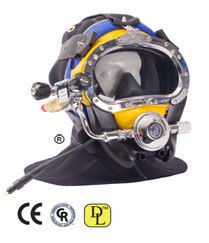
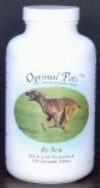
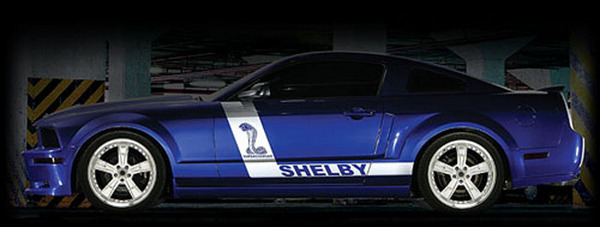
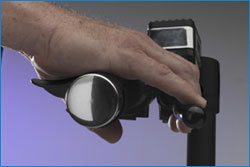
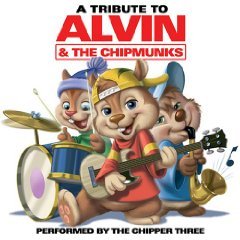
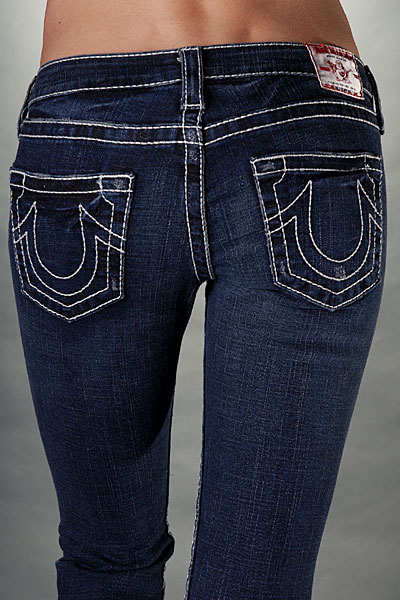 Guru Denim owns a
Guru Denim owns a 